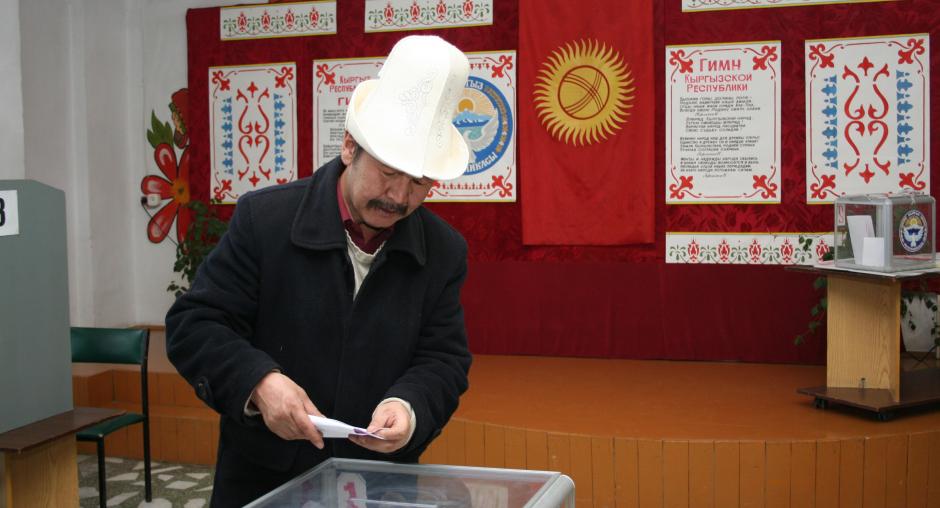Kyrgyz elections fail to meet a number of OSCE commitments in missed opportunity

BISHKEK, 17 December 2007 - The 16 December parliamentary elections in Kyrgyzstan failed to meet a number of OSCE commitments, despite respect for some that underscore existing pluralism. If the progress evident in the 2005 presidential election is to be underpinned, further efforts and political will are necessary, concluded the OSCE Election Observation Mission in a statement released today.
Overall the election represented a missed opportunity and fell short of public expectations for further consolidation of the election process. An example of this was deregistration of leading candidates. Voting took place in a generally calm environment but counting and tabulation challenged transparency and accountability in the process, due to delays, presence of unauthorized persons, problems in filling out protocols and deliberate abuse of procedures.
"Having led the past two OSCE election observation missions here in Kyrgyzstan, I am personally disappointed that there is now a backsliding in the elections process. Political pluralism which I have seen develop is undermined by this missed opportunity", said Kimmo Kiljunen, Special Co-Ordinator of the OSCE short-term observers and Head of the OSCE Parliamentary Assembly delegation.
Nikolai Vulchanov, who heads the long-term election observation mission of the OSCE Office for Democratic Institutions and Human Rights (OSCE/ODIHR), said:. "Full respect for fundamental and civil rights, transparency and confidence go hand in hand, and pluralism alone is not sufficient for holding a good election. Challenges to transparency during the election process, including at the Central Election Commission, raise concern."
Voters were offered a diverse choice, but candidate list registration was unequally applied and not fully inclusive. The media, in particular the state broadcaster, did not provide adequate and balanced information for voters to make an informed choice. Campaign coverage was limited and parties faced difficulties purchasing airtime.
The elections were held under a new election system, including an unusual provision for translating votes into parliamentary seats. This required voters to pass two separate thresholds determined as percentages of all registered voters nationwide. The system could defeat the objective of proportional representation and might lead to an endless cycle of elections, despite assertions that it aimed to stabilize the country.
The Central Election Commission generally worked in an open manner, even though some key discussions were held behind closed doors. Continued uncertainity over key election rules affected the ability of political parties to campaign effectively within a predictable framework. There were widespread allegations of abuse of administrative resources in favour of the newly established Ak Jol party.
